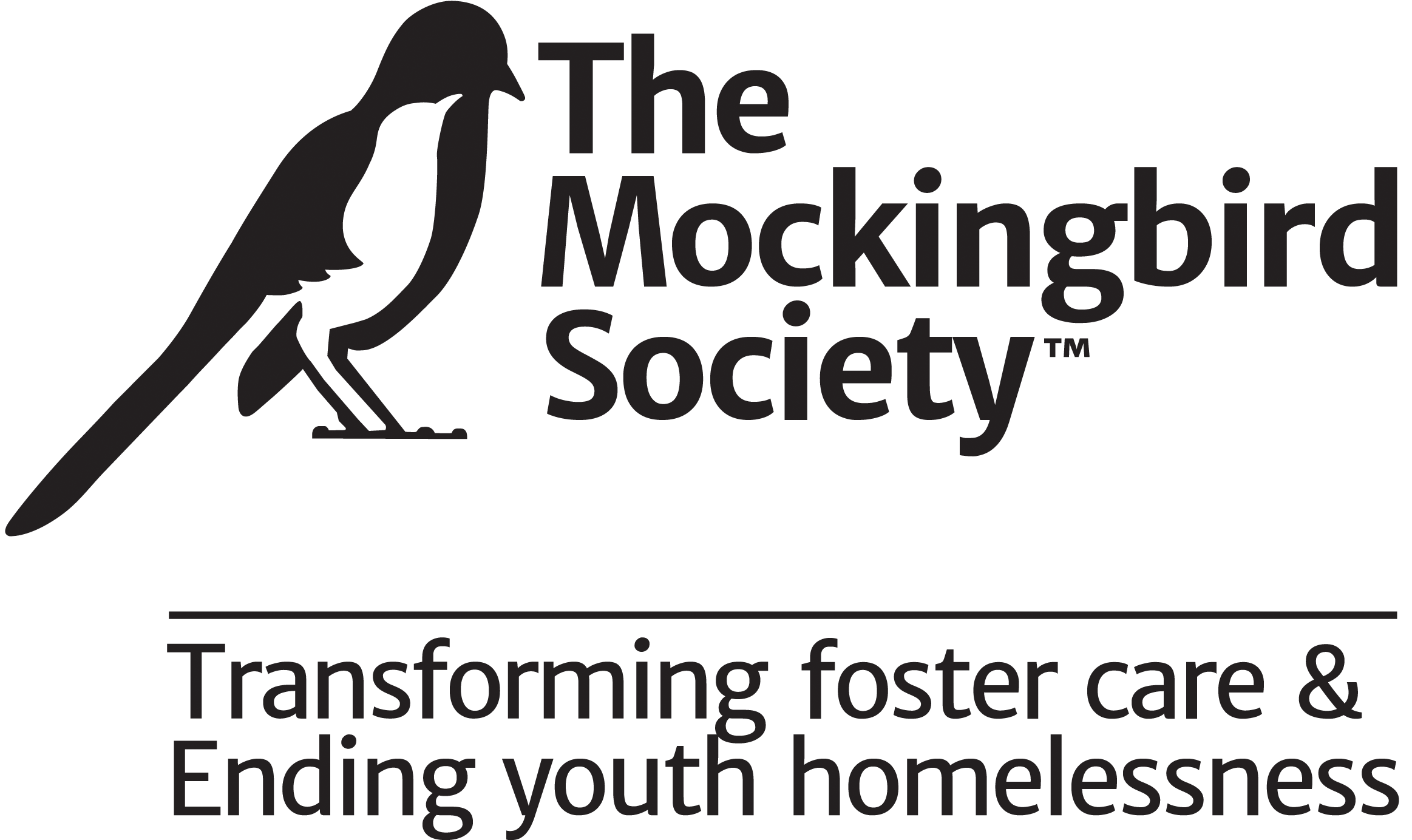about us
Reports
MOCKINGBIRD FAMILYTM Reports & Evaluations
The following outcomes of MOCKINGBIRD FAMILYTM have been collected through ongoing assessments of existing replication sites. For detailed information, please refer to the Management Reports and Evaluations listed below.
UK Evaluation
With increased constellations throughout the UK, the Department of Education, in collaboration with Oxford University, further evaluated the impacts of Mockingbird Family from October 2017 through March 2020. An initial release of the evaluation showed that when in a constellation:
- 94% of foster families kept fostering.
- 90% of families said they received good or excellent support from other families and hub homes.
- Youth and families in care reported higher levels of well-being.
- Foster Families are more likely to utilize open beds.
- Siblings were more satisfied with the time they spent together, with 10.5% saying that they spend too much time together.
- Young people reported strong social networks, having people they trusted, and a feeling of being part of a community.
The full report was released in November 2020 and contains:
- Cost benefit analysis
- Qualitative data (e.g. satisfaction)
- Quantitative data (e.g. foster parent retention)
Read the Oxford University Evaluation
2016 UK Evaluation
After launching their first constellation in 2014, the UK has expanded their Mockingbird Family Constellations across the UK. In 2016, the Department for Education did an initial outcome evaluation for youth who were in the constellation. Initial outcomes found increased sense of peer-support for families and youth, better foster parent retention, and greater placement stability for youth in care.
2016 UK Evaluation Report
Washington State Institute on Public Policy (WSIPP)
The Washington State Institute on Public Policy did a review on outcomes for youth in MOCKINGBIRD FAMILY™ Constellations. In their evaluation on data from 2004 until 2017 they found that youth placed in constellations had greater placement stability in their foster homes. Additionally, 92% of foster families in constellations keep fostering after 2 years, compared to 25% in other areas.*
*Chapin Hall, Dynamics of Foster Home Recruitment and Retention, September 2018
WSIPP 2018 Cost-Benefit Analysis
Following up on the WSIPP outcome evaluation, WSIPP found that 67% of the time, constellations saved more money than they cost. Further research would provide a comprehensive look at financial impact of constellations.
WSIPP 2018 Cost-Benefit Analysis
WSIPP 2017 Outcome Evaluation
WSIPP 2017 Family Outcome Evaluation
Additional Resources:
MOCKINGBIRD FAMILYTM Management Reports:
2009 MFM Management Report and Executive Summary (December 2010)
2008 MFM Management Report and Executive Summary (December 2009)
Evaluations by the University of Washington's Northwest Institute for Children and Families:
Fifth Report from the University of Washington (February 2007)
Fourth Report from the University of Washington (January 2006)
Third Evaluation from the University of Washington (January 2005)
Second Evaluation from the University of Washington (September 2004)
First Evaluation from the University of Washington (April 2004)
